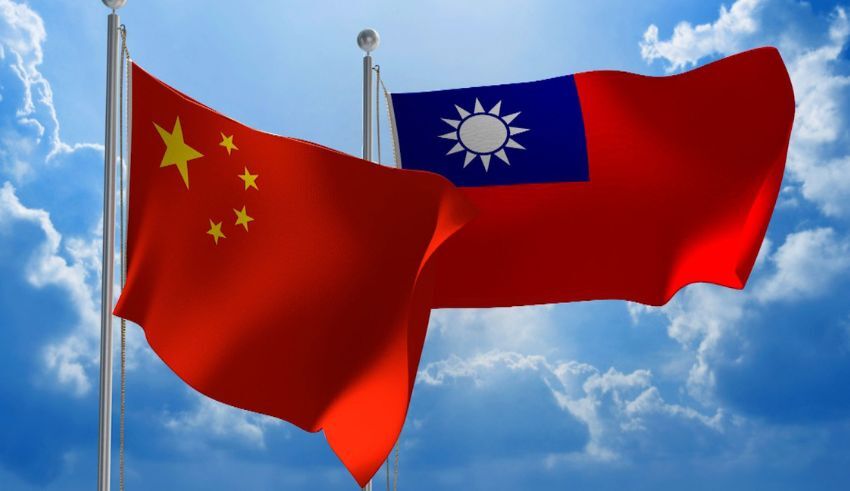
Navigating the global financial landscape, Swiss private equity giant Partners Group Holding AG reveals a cautious stance on its dealings in China amid escalating geopolitical tensions. Co-founder Urs Wietlisbach emphasizes the need for higher returns, reflecting increased risks. The firm, which hasn’t transacted in China for about two years, underscores the inevitability of conflict over Taiwan and anticipates potential sanctions. Despite these concerns, Partners Group remains committed to the Chinese market but maintains an underweight position.
Partners Group’s apprehension mirrors broader industry worries about geopolitical complexities impacting overseas operations, akin to Citigroup’s struggles in Russia before the Ukraine invasion. Political strains are already affecting private equity firms in China, complicating asset divestment.
China’s coal-fired power plants contribute to air pollution, aligning with global concerns about climate change, a focal point for the upcoming COP28. Wietlisbach notes that military action by China could lead to sanctions, adding an extra layer of complexity for private equity firms.
Keep Reading
What to Consider in Detail
With an office in Shanghai, Partners Group explores investment opportunities in Southeast Asia, eyeing markets in Thailand and Vietnam. Despite geopolitical challenges, the firm maintains 10-15% of investments in Asia.
A key consideration is supply chain risk, with companies reassessing dependence on Chinese production. Partners Group advises portfolio firms to diversify supply chains, reflecting a broader trend.
Despite geopolitical headwinds, Partners Group notes a global uptick in private equity activity and foresees increased deal-making. However, optimism hinges on geopolitical tensions stabilizing, acknowledging the severity of the current geopolitical challenges.
In essence, Partners Group cautiously maneuvers through geopolitical uncertainties, balancing potential lucrative deals with prudent strategies amid a complex global scenario. The firm’s approach mirrors broader challenges faced by financial institutions navigating international investments amid geopolitical tensions.




